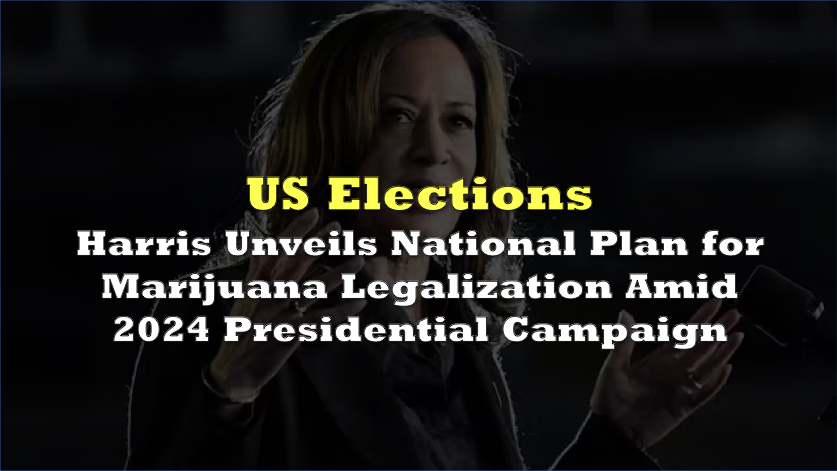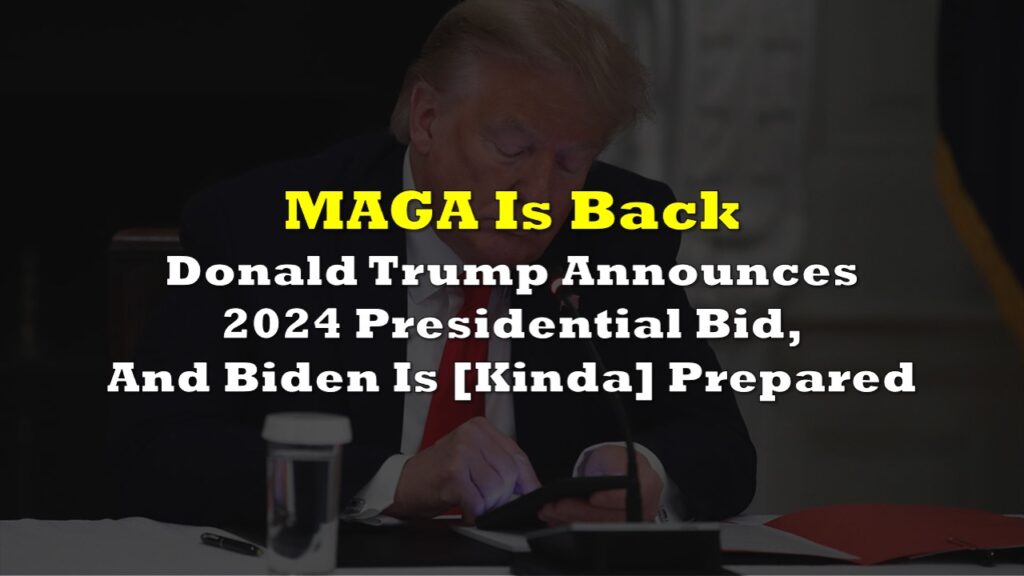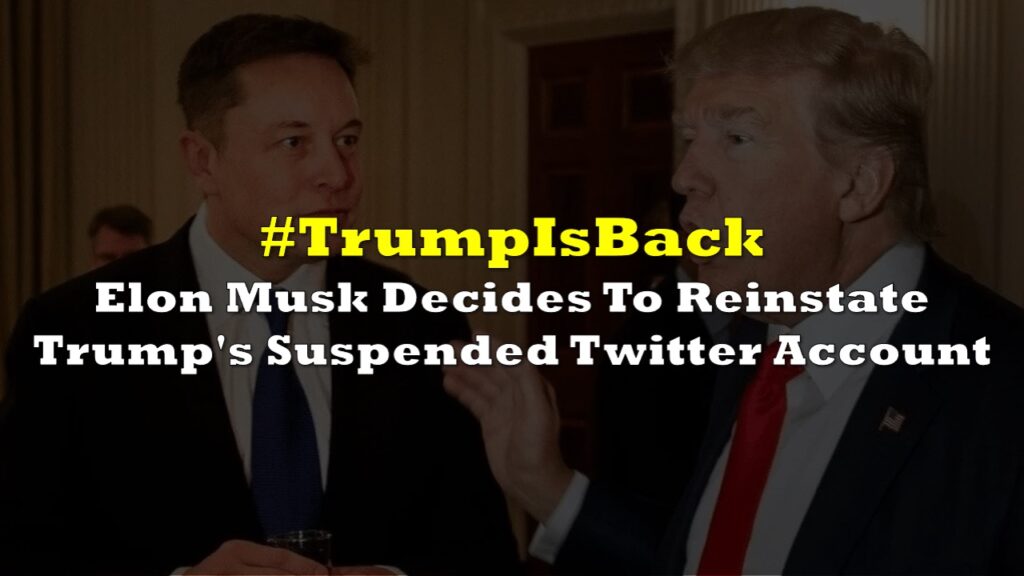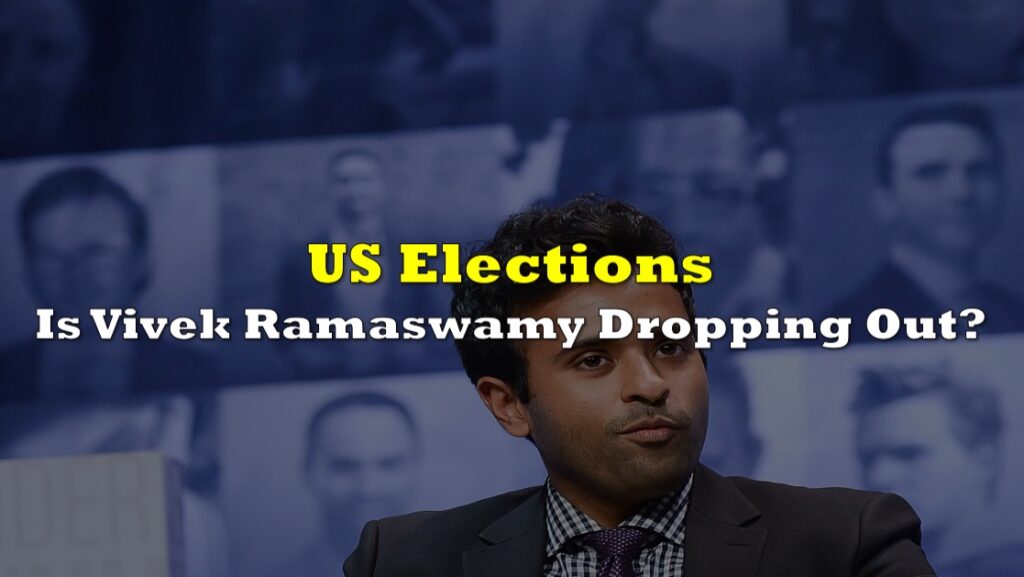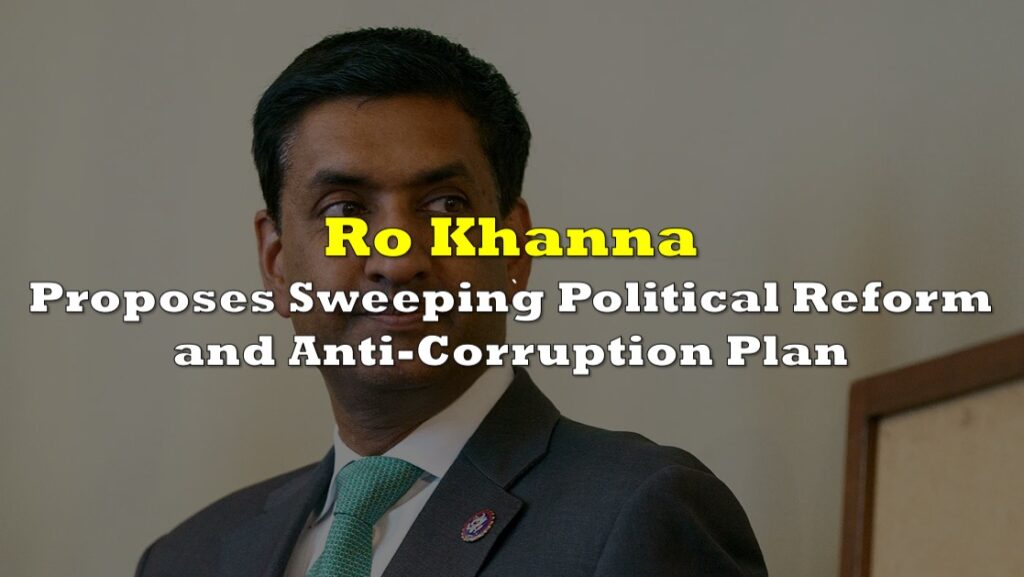U.S. Vice President Kamala Harris has pledged to make marijuana legalization a cornerstone of her 2024 presidential campaign, emphasizing a commitment to dismantle legal barriers that disproportionately affect Black Americans. The plan, which Harris calls part of an “Opportunity Agenda” targeting African American voters, aims to legalize recreational cannabis at the federal level and promote equitable access to the emerging legal market.
Harris’s current position reflects a significant evolution from her early career as San Francisco’s district attorney and later as California’s attorney general, where she opposed Proposition 19—a 2010 measure to legalize recreational marijuana in California. By the time she became a U.S. senator, Harris had pivoted to champion federal cannabis reform, sponsoring legislation to end marijuana prohibition and expunge nonviolent marijuana-related convictions.
This shift aligns with broader public sentiment: a recent poll shows 70% of Americans now support full legalization, up from just 46% in 2010.
Harris argues that legalization is not just a policy change but a necessary step toward rectifying systemic racial disparities. Black Americans have been disproportionately targeted by marijuana laws, leading to higher arrest and incarceration rates despite comparable usage rates with other groups.
“We need to stop criminalizing this behavior,” Harris said during an interview on All the Smoke. “People should not be going to jail for smoking weed, especially given how marijuana laws have been enforced unfairly.”
Her campaign further promises to ensure that Black entrepreneurs and other marginalized groups can participate meaningfully in the cannabis industry. This effort seeks to address concerns that corporate interests—mostly dominated by white business owners—have so far monopolized the profits of legal marijuana markets in states where it is already legal.
My parents met while protesting for civil rights. When I was a child, they would take me to marches in a stroller.
— Kamala Harris (@KamalaHarris) October 14, 2024
Those were my first memories of seeing people fighting for the freedoms and the promise of America that had long been kept from them.
As I have traveled across the… pic.twitter.com/kNKPss77fU
Harris’s proposal contrasts sharply with the track record of her Republican opponent, Donald Trump. Although Trump recently expressed support for rescheduling marijuana to a Schedule III drug and easing restrictions on banking for marijuana businesses, Harris’s campaign has criticized these moves as opportunistic.
During his presidency, Trump’s administration took steps that threatened state-level marijuana protections, though no large-scale crackdown materialized.
Harris’s campaign has framed Trump’s latest policy statements as inconsistent with his earlier actions, labeling them as “blatant pandering.” Trump, in turn, has attacked Harris for her past role as a prosecutor, claiming she incarcerated “thousands of Black people” for marijuana offenses—a charge her campaign says is misleading and fails to capture the nuances of her prosecutorial record.
While Harris’s advocacy for federal legalization stands out among leading candidates, she faces considerable political obstacles. Some prominent Democrats, including her vice-presidential running mate Tim Walz, have expressed reservations about full federal legalization, preferring to leave the issue to individual states.
Additionally, efforts to reschedule marijuana under the Controlled Substances Act are ongoing, with a hearing scheduled for December 2, 2024. The outcome of that hearing could influence the cannabis industry significantly but may not be resolved until after the 2024 election.
Information for this briefing was found via Marijuana Moment and the sources mentioned. The author has no securities or affiliations related to this organization. Not a recommendation to buy or sell. Always do additional research and consult a professional before purchasing a security. The author holds no licenses.

